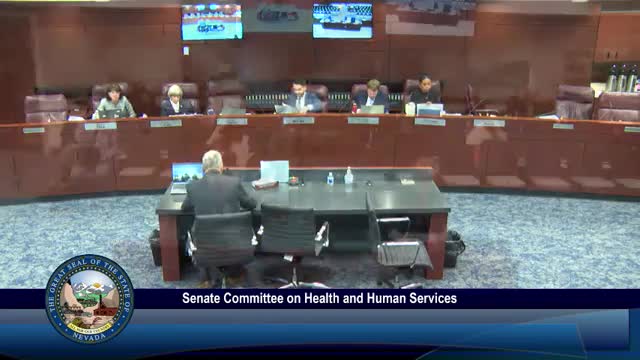Article not found
This article is no longer available. But don't worry—we've gathered other articles that discuss the same topic.
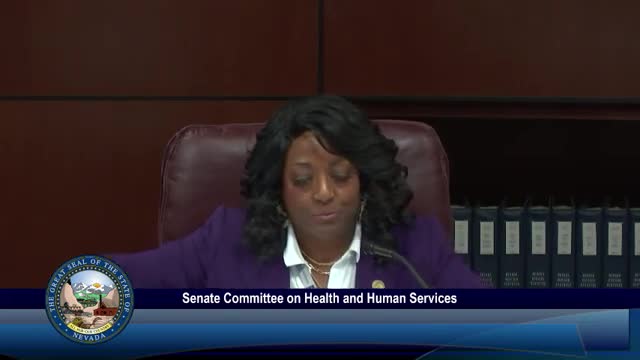
Senators hear unanimous support for bill requiring human‑trafficking training for first responders, dispatchers and ambulance staff
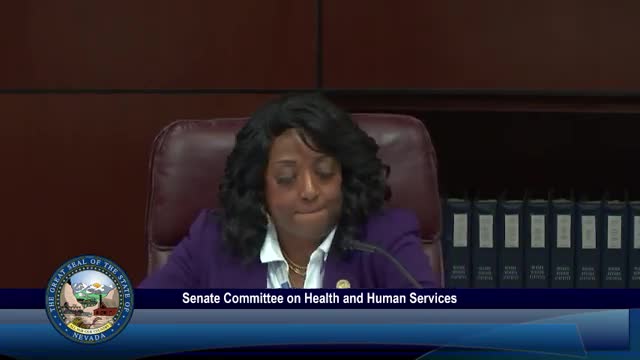
Bill to let federally qualified health centers bill Medicaid for additional master's‑level behavioral health providers gets support
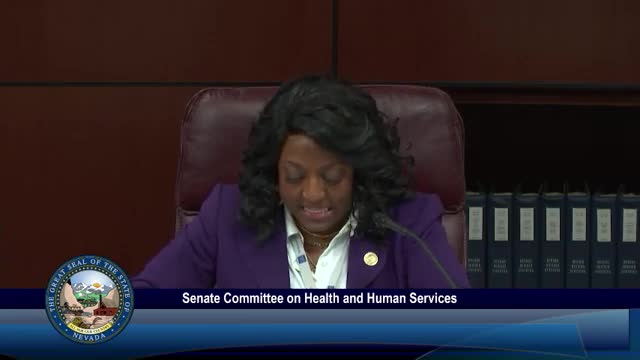
Nevada senators hear bill to move Medicaid to single pharmacy benefit manager; pharmacists, patient groups back measure
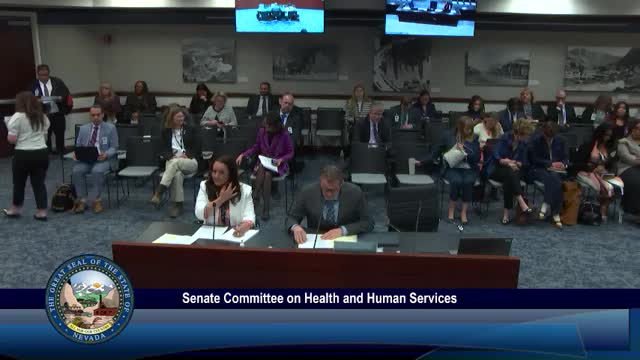
Senate bill modeled on Jacob’s Law aims to protect parents seeking inpatient treatment for children with severe behavioral health needs
